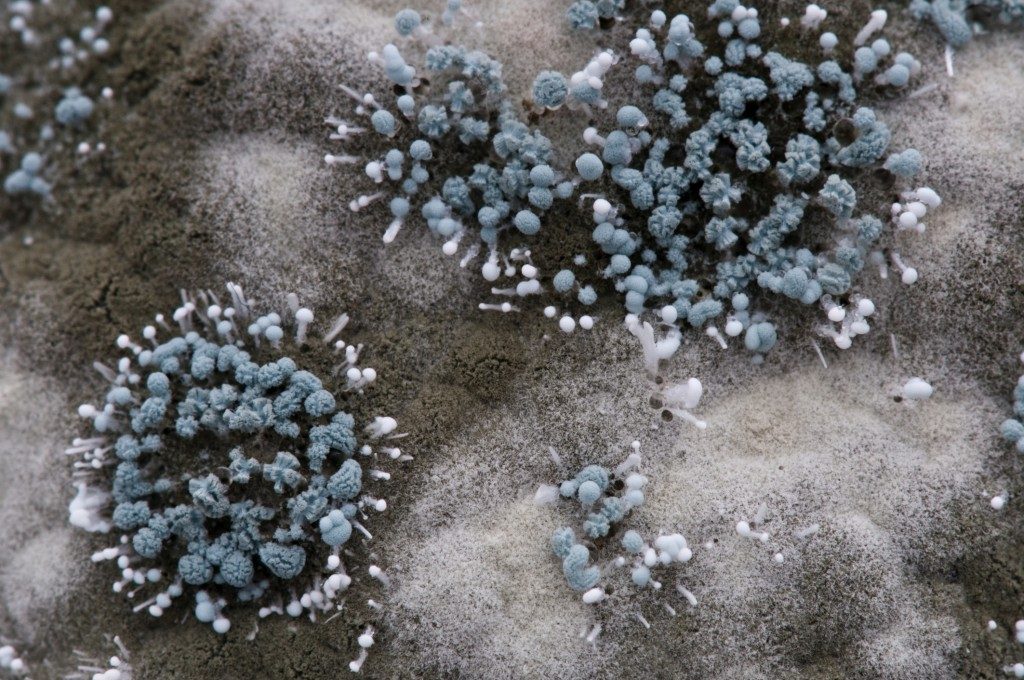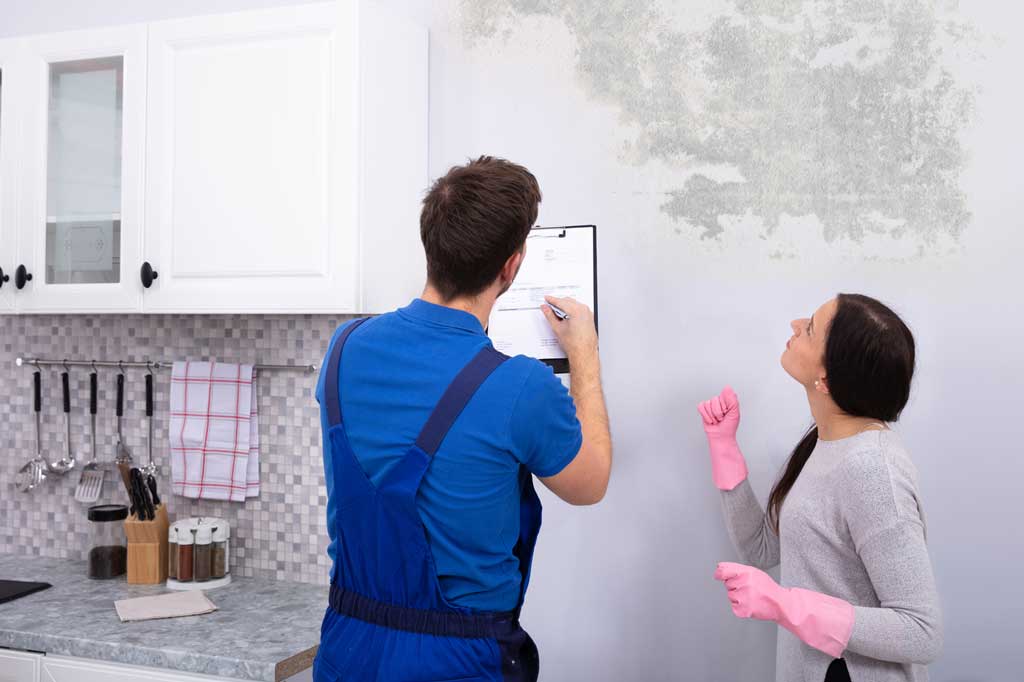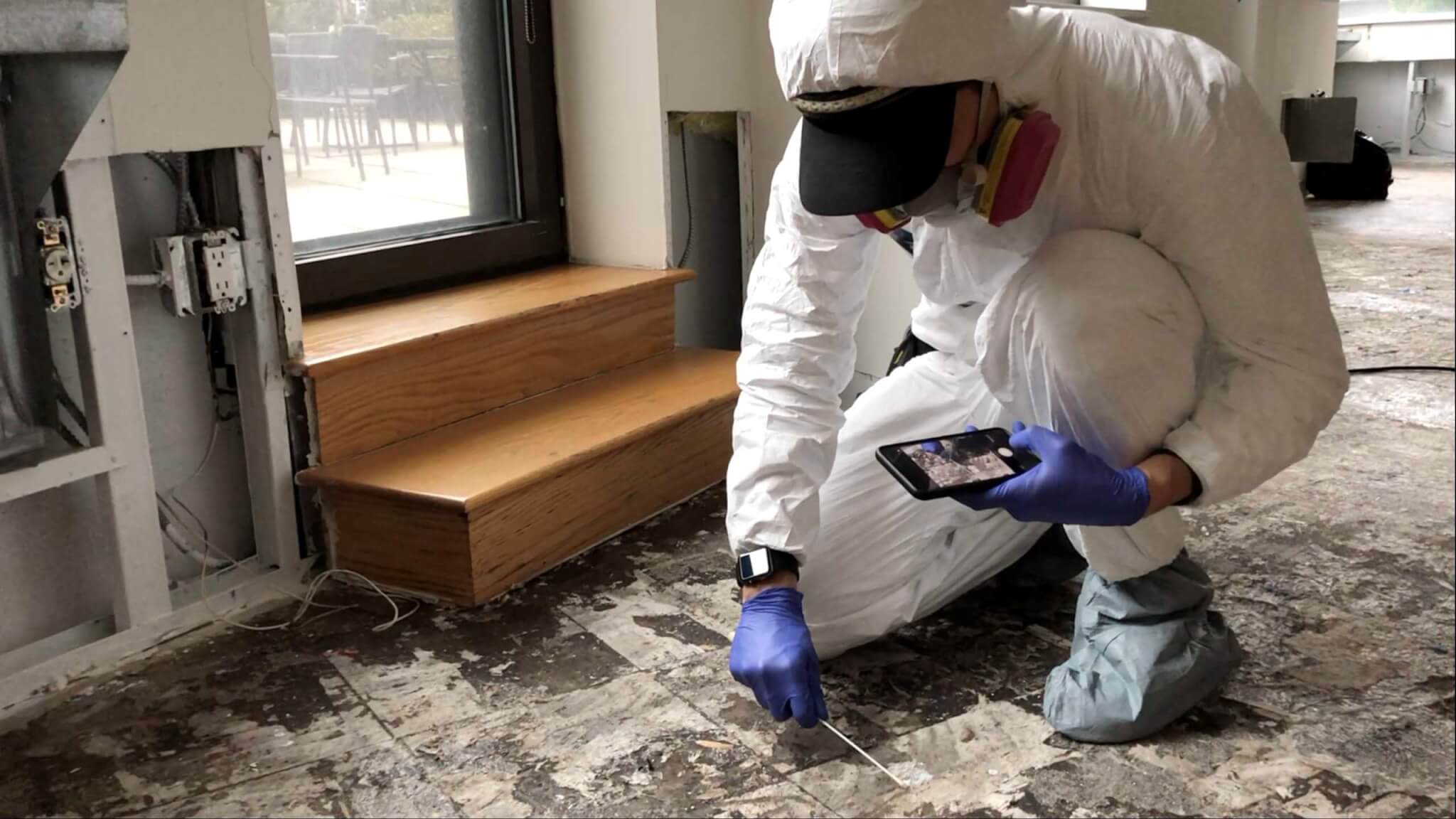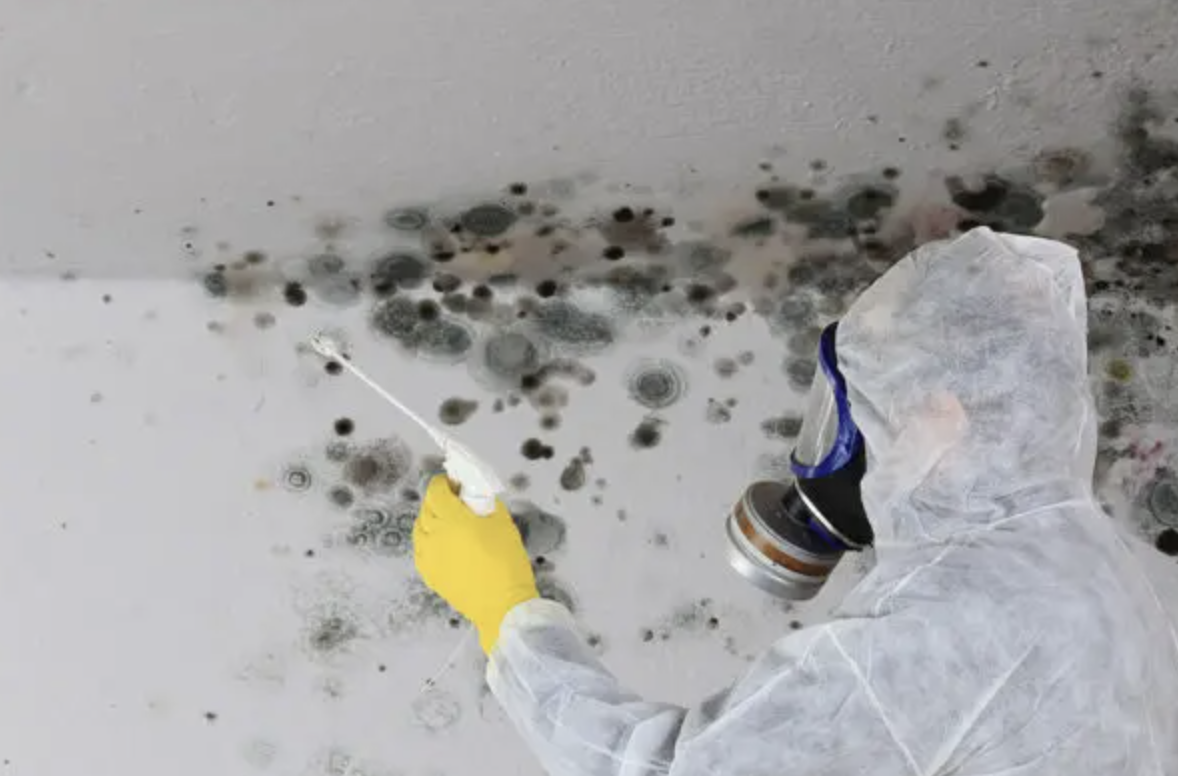Article by Joshua Kent
Moisture Master Pros OwnerImagine finally finding the perfect house with all the features you’ve dreamed of. The neighborhood is quiet, the yard is spacious, and the interior is just what you’ve been looking for. However, before you sign on the dotted line and make the purchase, it’s important to consider something that may not be immediately obvious – the presence of mold. A house with mold can be a serious issue, causing health problems, structural damage, and decreasing property value. To ensure that your dream home is truly perfect, it’s essential to have it inspected for mold before purchasing it. Below we explore the importance of mold inspections and why it’s critical to have a professional inspect your potential new home for mold before you make a final decision. Put your worries to rest and arm yourself with the knowledge you need to make informed decisions about your future home.
What is Mold?
Mold is a type of fungus that thrives in damp and humid environments. It can grow on almost any surface, including walls, ceilings, underneath carpets, and on floors. Mold releases tiny spores that can cause health issues when inhaled. Some people may experience symptoms such as coughing, sneezing, and itching. Exposure to toxic mold can pose serious health risks, especially for people with weakened immune systems or allergies. These issues include respiratory issues, headaches, fatigue, skin irritation, and, in severe cases, neurological symptoms and immune system disorders. It’s important to understand the dangers of mold to ensure your health and safety.

Why is a Mold Inspection Important?
A mold inspection is vital for several reasons. It will help you identify any health hazards, assess the extent of any structural damage, and ensure that you make a wise investment in a valuable home. A mold inspection can help you negotiate the price of the property. If the inspection reveals the presence of mold, you may be able to negotiate a lower price or ask the seller to address the issue before closing the deal. Lastly, a mold inspection can give you peace of mind, knowing that you’re moving into a safe and healthy home.
The Importance of Protecting Your Health
One of the most important reasons to get a mold inspection before buying a house is to protect your and your family’s health. Mold exposure can cause a range of health issues, including respiratory problems, headaches, and fatigue. If you have allergies or a weakened immune system, mold exposure can be even more dangerous. A mold inspection can help identify any areas in the house at risk of mold growth and ensure that you’re moving into a safe and healthy environment.
Protecting Your Investment
In addition to protecting your health, a mold inspection is also crucial for protecting your investment. Mold can affect the value of your property and can be expensive to remediate. If left untreated, mold can weaken the house’s structure, causing significant and costly repairs. This can include damage to walls, ceilings, floors, and electrical or plumbing systems. An inspection can find the mold and identify any potential problems, giving you an idea of the extent of the damage. If the inspection reveals the presence of mold, you may be able to negotiate a lower price or ask the seller to address the issue before closing the deal.
Peace of Mind
Finally, a mold inspection can give you peace of mind knowing that you’re moving into a safe and healthy house. The inspector will provide a detailed report of their findings, including any areas of concern and recommendations for addressing them. With this information, you can make an informed decision about your purchase and avoid any surprises after moving into your new house. A mold inspection is a small price to pay for the assurance that you’re making a wise investment and protecting your health and well-being.
What’s the Difference Between a Mold Inspection and a Home Inspection?
A mold inspection and a home inspection are two different things and are often performed by different people. A home inspection is a comprehensive evaluation of the condition of a property, including the structure, systems, and components of the house. On the other hand, a mold inspection focuses specifically on identifying any potential mold problems. While a home inspector may look for visible signs of mold during a home inspection, a home inspector won’t have the specific in-depth and specialized knowledge required for a complete mold inspection that a professional mold inspector provides. It’s essential to understand the difference between the two, so you can make an informed decision about the inspections you need for your property.
Call Moisture Master Pros for Your Mold Issues!
Our team of experts uses state-of-the-art technology and techniques to identify and effectively eliminate mold from your property quickly.
Click Here to Contact Us Today!When Should You Get a Mold Inspection?

You should get a mold inspection as soon as possible after you’ve made an offer on a property. This will give you enough time to address any issues before closing the deal. As a potential buyer, it’s best to get an inspection done before signing any contracts so that you’re not committed to the purchase if the inspection reveals any significant problems.
How is a Mold Inspection Conducted?
A professional inspector conducts a mold inspection and has the experience and knowledge to identify potential mold problems. The inspector will examine the interior and exterior of the property, including the walls, ceilings, floors, and any other areas at risk of mold growth. They will use specialized equipment, such as moisture meters and thermal imaging cameras, to detect any hidden mold. The inspector will also take samples of any suspect mold and send them to a laboratory for testing.
Can You DIY Mold Testing?

DIY mold testing kits are readily available for purchase, but they have limitations. These mold tests often only test for the presence of mold, but they cannot accurately identify the type of mold or the extent of the problem. In addition, the results of a DIY mold test may not be reliable, as an untrained individual often performs them. The accuracy of the results can also be affected by the collection method, storage conditions, and interpretation of the results. Once you’ve identified that you have a mold problem, it’s best to make a call to a professional for further identification and mold remediation.
How Much Does a Mold Inspection Cost?
The cost of a mold inspection can vary depending on the property’s size and the inspection’s complexity. On average, a mold inspection costs between $300 and $800. Although the cost may seem high, it’s a small price to pay for peace of mind and the assurance that you’re moving into a safe and healthy home.
The Importance of a Qualified Inspector
It’s important to choose a qualified inspector for your mold inspection. Look for an inspector who has experience in the field and is certified by a professional organization, such as the American Council for Accredited Certification (ACAC). A qualified inspector will have the knowledge and skills to identify mold problems and provide you with a detailed and accurate report.
What to Look For in A Mold Inspector

So, now that you’ve determined you need to inspect your home for mold, what do you look for? When looking for professional mold inspectors, it’s important to consider the following factors to ensure that you are working with a qualified and experienced professional:
Certification
Look for a mold inspector certified by a reputable organization, such as the American Council for Accredited Certification (ACAC) or the National Organization of Remediators and Mold Inspectors (NORMI). This means that the inspector has passed a rigorous examination and has demonstrated expertise in mold inspection and assessment. Working with a certified inspector will ensure that you receive accurate and reliable information about the presence of mold in the property you are considering.
Experience
Experience is crucial in mold inspections. An inspector with significant experience will have a deep understanding of how mold grows, how it affects different types of building materials, and how to accurately identify its presence. They will also be familiar with local building codes and regulations, which can be especially important if mold-related issues are identified during the inspection.
Equipment

Ensure the inspector uses the latest technology and equipment to perform mold testing and inspections. This can include moisture meters, borescopes, and infrared cameras. These tools are essential to identifying the presence of mold, even in hard-to-reach areas. They also provide visual evidence of mold problems, which can be especially helpful when making decisions about mold remediation.
Reporting
Look for an inspector who provides detailed, comprehensive reporting, including visual evidence and recommendations for remediation. This will ensure that you clearly understand the extent of any mold-related issues and what needs to be done to address them. The inspector should also be able to answer any questions you may have about the inspection results and provide guidance on how to resolve any mold-related problems.
Choosing the right mold inspector is essential to ensuring that you are aware of any mold-related issues and can make an informed decision about whether to proceed with the purchase of a property. By considering these factors, you can ensure that you are working with a qualified and experienced professional who will provide you with the information you need to make a wise investment.
What’s Next?
Negotiating the Price
If mold has been identified prior to purchasing a property, you have several options. One option is to negotiate the price of the property. If the mold problem is significant, you may be able to negotiate a lower price or ask the seller to address the issue before closing the deal. This can help you avoid the cost and hassle of dealing with the mold problem after you’ve moved in.
Asking the Seller to Remediate
Another option is to ask the seller to remediate the mold problem before closing the deal. This can be a good solution if the mold problem is relatively minor and the seller is willing to address the issue. In this case, you can ensure that the mold problem is taken care of before you move in and that your property is safe and healthy.
Walking Away from the Deal
Finally, if the mold problem is significant, you may choose to walk away from the deal. This can be difficult, but protecting your health and investment is important. In this case, finding another property that meets your needs and is free of mold problems is best. By taking the time to find the right property, you‘re saving yourself a serious headache and hassle.
Call Moisture Master Pros for Your Mold Issues!
Our team of experts uses state-of-the-art technology and techniques to identify and effectively eliminate mold from your property quickly.
Click Here to Contact Us Today!


